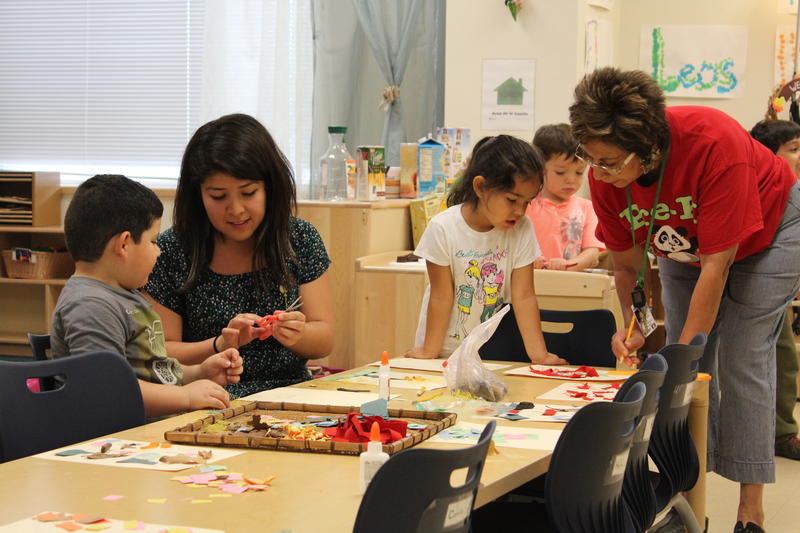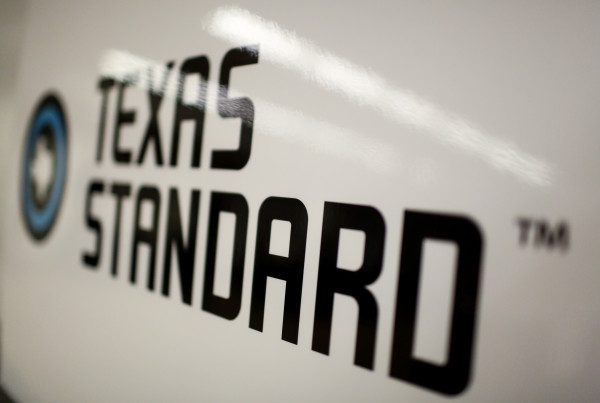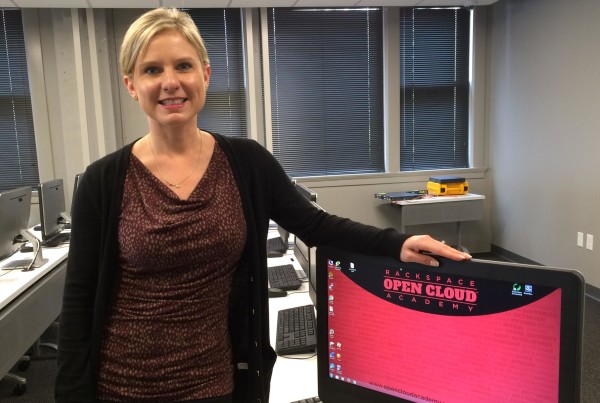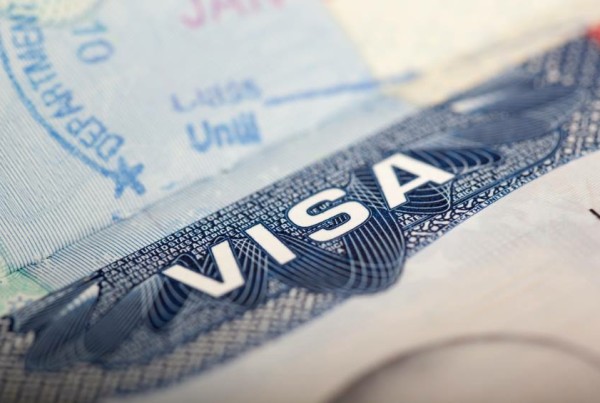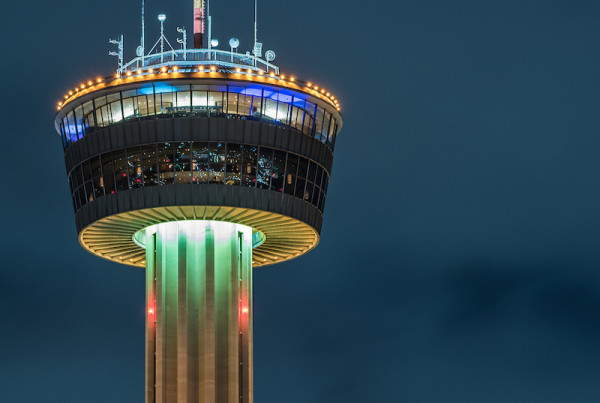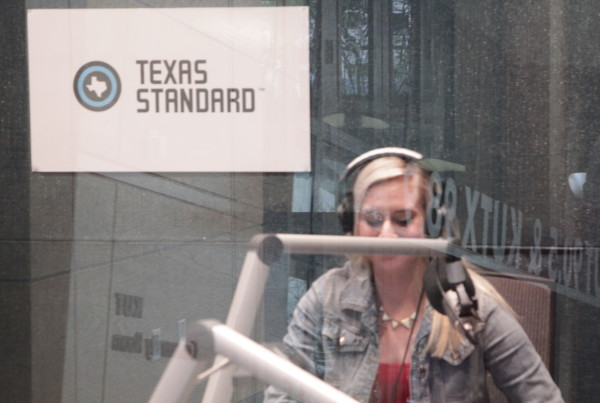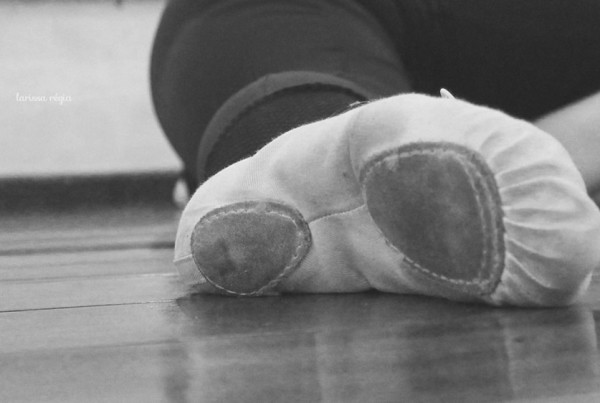This story originally appeared on Texas Public Radio.
San Antonio’s Pre-K 4 SA has been held up as a model for the kind of prekindergarten education that gives children a solid, academic start. The program is funded through a citywide sales tax and its finishing its third year. Is the program living up to its promise?
At the Pre-K 4 SA Eastside Education Center, 4-year olds are welcoming a group of visitors with a song. The kids getting their first taste of school in a program operated by the city and paid for with a 1/8 cent sales tax.
The school’s director Janice Hammonds leads the tour.
“You’ll see a lot going on but also how we use technology with students,” she says.
In one classroom children use a touch screen the size of a television to match colors. Two classrooms down, 4-year-olds like Lilly are using straws to create basic shapes. “I made shapes,” she says. “A triangle, a diamond.”
Kathy Bruck is the CEO of Pre-K 4 SA. She says the city-run program provides outings and field trips. It’s a full day of pre-k, while many school districts only offer a half day, and extended care for parents who need it.
“Which if you’re, say, a single mom that works – or even both parents working – then it’s very difficult to figure out what you’re going to do the other part of the day. What do you do with a child that gets out at noon?”
Most importantly, Bruck says, the specially-trained teachers deliver a high quality program, and program coordinators provide training to other schools and daycares. Avery Torres believes Pre-K 4 SA is preparing her son for kindergarten.
“They get the free range of play-learning here, which they can also take to the other school which will help as well with their learning skills there.”
This year Pre-K 4 SA accepted 1,700 students at its four city centers. It follows the state criteria for free pre-k, including being low income, having an active duty parent in the military, or not speaking English. Because there are so many who want to attend, students are chosen by lottery and those whose family have higher incomes pay on a sliding scale. Bruck says student testing is proving the program’s success. When children started, their scores ranked below national averages. By the end of a year, they’ve grown.
“At the end of the school year, we outperform the norms national sample in cognitive skills, literacy skills, and in math skills. We close the gap between the national group and ourselves in oral language, and we were slightly behind in physical and social emotional.”
The program also gets high marks from Libby Doggett, deputy assistant secretary for policy and learning at the U.S. Department of Education. She praised San Antonio for using sales tax money to do this.
“I would say that Boston is right there with San Antonio in terms of offering the mentoring and the coaching, high quality curriculum, the family engagement, hands-on play based learning. Those are all a part of what we see expanding. It certainly is in San Antonio and other cities as well.”
Despite all the accolades, there are still some critics who don’t believe the program is worth the extra tax money – about $7.81 a year per household.
Pre-K 4 SA was former San Antonio Mayor Julian Castro’s signature project before he was appointed by President Obama to be Secretary of U.S. Housing and Urban Development. The program was designed to run for eight years and Castro hopes it will continue.
“If it makes a difference in these young people’s lives and we can measure that, then consider renewing it. If it doesn’t, then it shouldn’t come back again or vote against it. So far the evidence is very strong that it is making a positive educational difference and my hope is that with hard work that will continue.”
Voters will decide in 2020 whether to keep the program and the extra sales tax that supports it.


